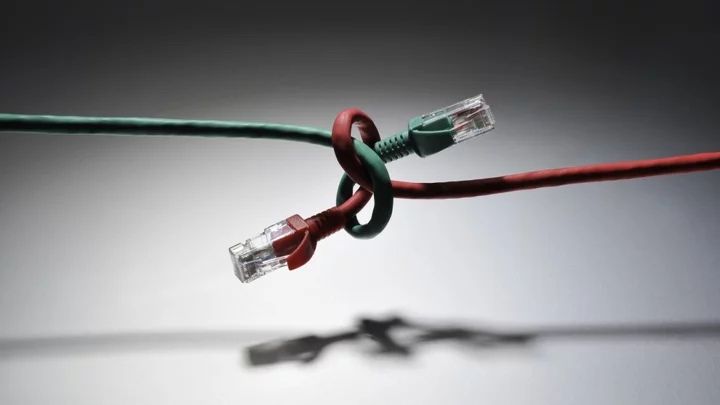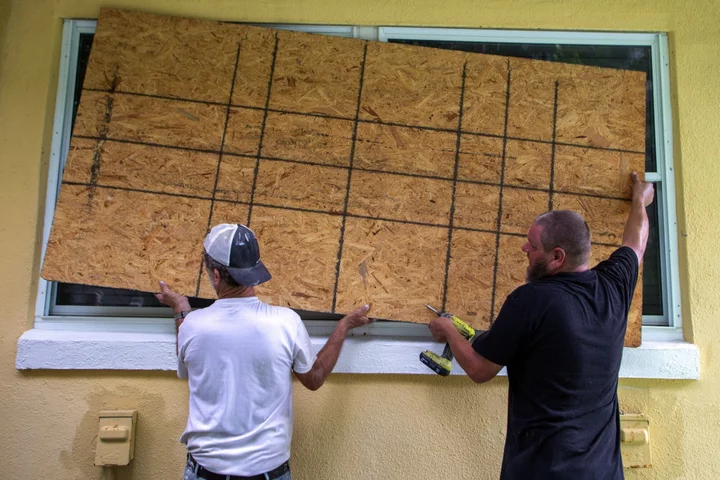Some of America’s bigger internet providers don’t like the taste of one ingredient in a broadband-transparency rule modeled after the FDA’s nutrition labels: a requirement to itemize the non-tax government-related fees they stack on subscriber bills.
These complaints surfaced in a series of filings with the FCC since it approved the broadband-labels rule last November and issued an order implementing it (PDF) that says “providers must list all recurring monthly fees,” including “monthly charges associated with regulatory programs.” The rule does not, however, require breaking out actual taxes, which ISPs can simply say vary by location.
“This new requirement would add unnecessary complexity and burdens to the label for consumers and providers and could result in some providers having to create many labels for any given plan,” the cable industry’s trade group, NCTA, opined in an Aug. 11 filing that relayed the views of three other telecom associations.
That Washington-based lobby instead suggested that the FCC instead either allow providers to say that these fees vary by jurisdiction or show “the maximum level of government-imposed fees that might be passed through.”
It also decried a provision requiring that an ISP “document each instance when it directs a consumer to a label at an alternate sales channel” (for instance, if a phone sales rep tells a caller about it) and keep those records for two years, calling that “wholly unwarranted” and “highly disruptive.”
In a June 8 filing, Comcast raised similar objections, saying that it would already have to write “251 separate broadband consumer labels” without itemizing these fees. The public copy of its letter redacts its estimate of how many more labels it would need to break out those charges.
Verizon’s May 4 filing estimates that “it will have to create well over 500 labels for its service offerings” before itemizing pass-through fees, and adding them would make that number “exponentially higher.”
And a May 5 filing from AT&T predicts that the company “would have to create over 29,000 separate labels” just to cover state-level fees.
These and other filings by telecom firms and their interest groups also object to the requirement to document alternate-sales-channel customer interactions, calling it an administrative burden and a potential privacy invasion.
The overall implementation of the broadband-label rule, however, is not in question because it’s mandated by 2021’s Infrastructure Investment and Jobs Act. The FCC’s January 2022 vote to start writing this rule came shortly after President Biden signed that infrastructure bill.
The parts of the rule that these companies have not objected to require providers to disclose any data caps, list upload as well as download speeds (many cable operators don’t advertise the former), break out any modem-rental fees, and compare introductory and non-promotional rates.
But they don’t all seem to be rushing to adopt this transparency on their own. For example, Comcast’s presentation of the plans available at a San Francisco address as viewed Saturday did not disclose their upload speeds or its 1.2TB data cap, although a “Pricing & Other Info” link did clarify that the promotional $35/month rate on one plan would balloon to $63 a month after two years.









